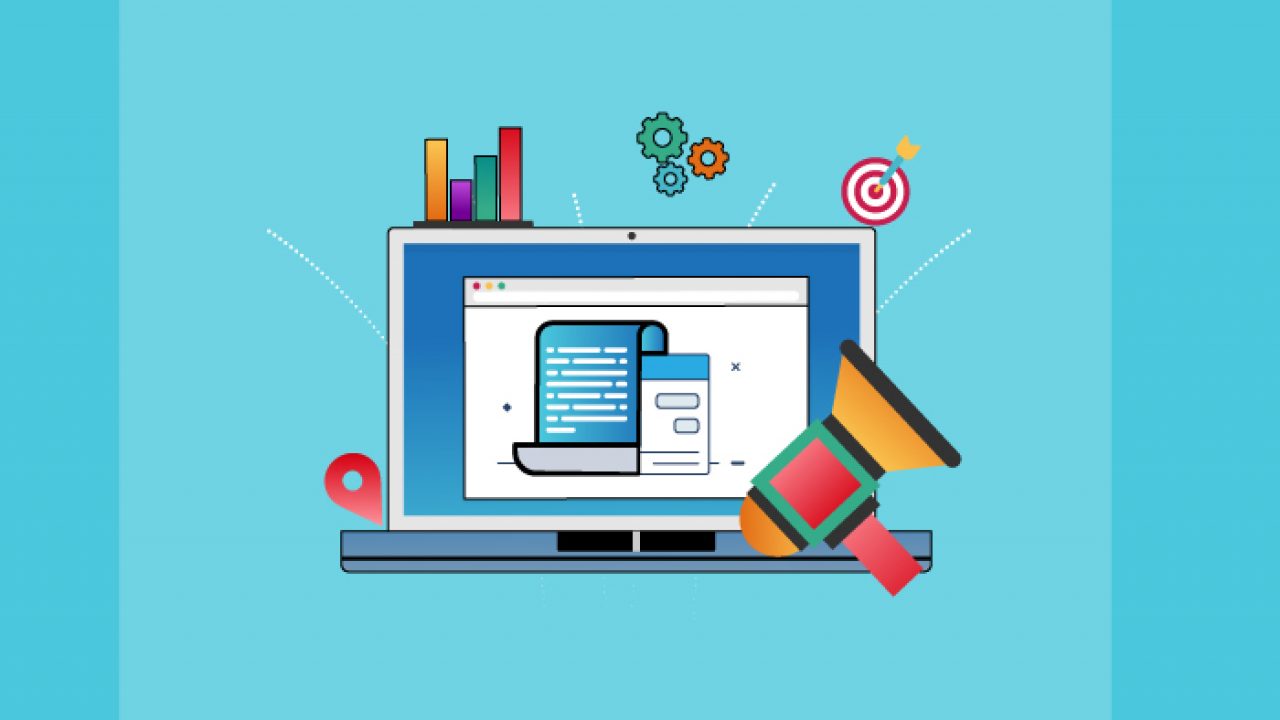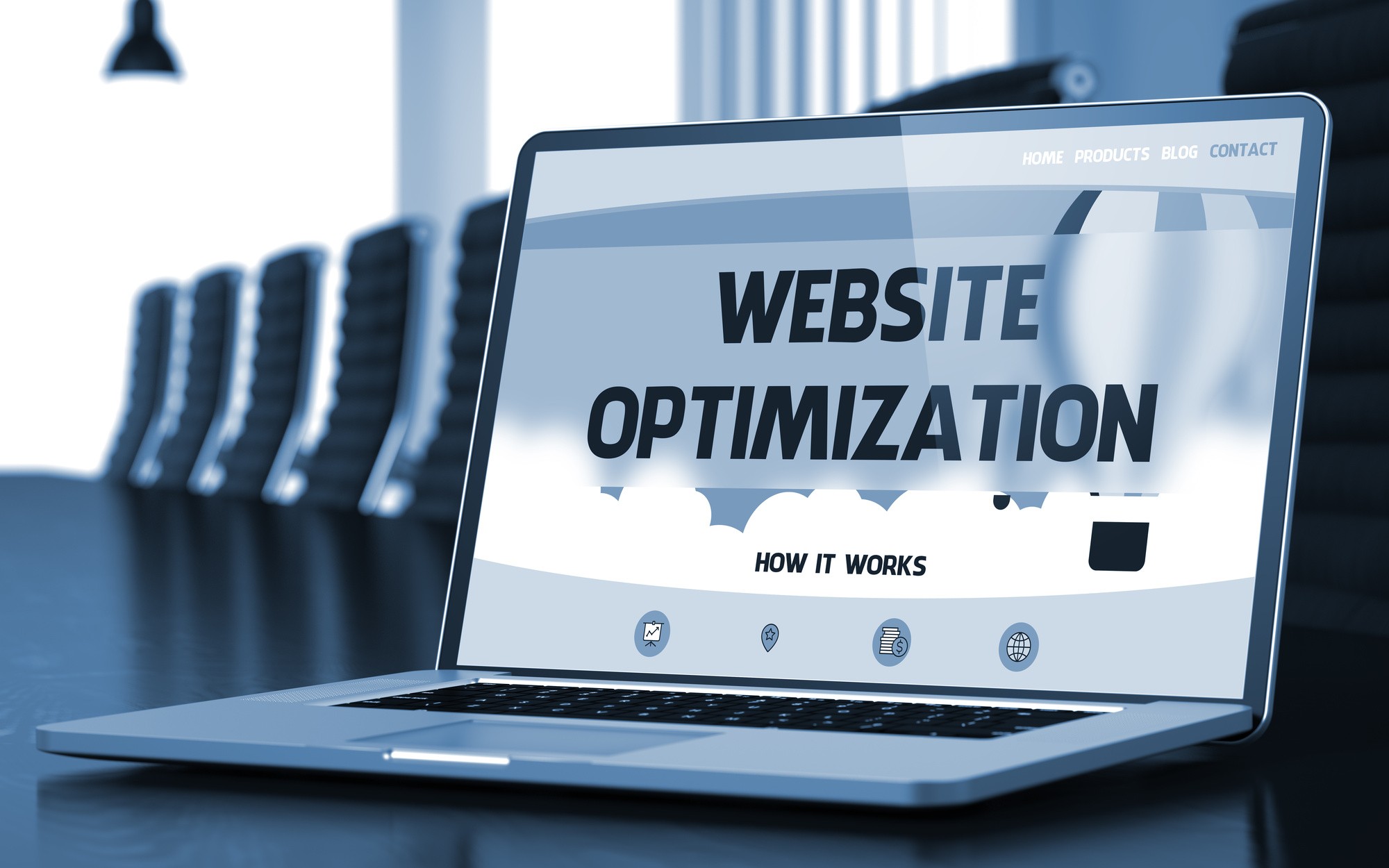Hello!
Even though it is rewarding, optimizing your website can be a time-consuming process. But if you avoid common mistakes, you can save yourself time and money. Whether you’re just getting started or have been optimizing for years, here are some of the most important things to consider.
On-page SEO
 On-page optimization is the process of improving the content on your website to improve its search engine ranking. To do this, you need to optimize not only your content but also meta descriptions and title tags.
On-page optimization is the process of improving the content on your website to improve its search engine ranking. To do this, you need to optimize not only your content but also meta descriptions and title tags.
A good on-page SEO strategy involves creating content that is relevant to your target audience and provides a great user experience. This can be done by using smart keyword targeting, writing compelling headlines, and adding images, videos, and other multimedia.
The first step in on-page optimization is to ensure that the content you publish meets Google’s quality standards. This means making sure your page is well-written, relevant to the topic of the page, and free of mistakes such as grammatical errors or poor spelling.
Another key aspect of on-page SEO is to ensure that your content is easily scannable. This means that users can quickly scan your content to find the main points or answers to their questions. You can also highlight the main buttons and
You can check the SEO of your content with tools like SEMrush’s On-Page SEO Checker, which allows you to quickly analyze your page and recommend changes that will improve its rankings. The tool also displays recommendations for semantic keywords that you can add to your text to optimize it further.
Another essential strategy is to create a sitemap, which can be helpful for both search engines and users. A sitemap can help search engine bots crawl your domain more effectively, enabling them to index all of your pages and understand their content. It also helps your visitors navigate your website and allows them to find the information they’re looking for easily.
 You should also pay attention to URLs and make them both short and informative.
You should also pay attention to URLs and make them both short and informative.
Off-page SEO
Off-page SEO is a collection of tactics that help search engines find and understand your website. These include things like social media shares, guest blogs, and online mentions.
If you want to start boosting your off-page SEO, it’s important to identify the strategies that work best for you. This includes performing competitor backlink analysis, which will give you a clearer picture of what your competitors are doing to earn their links. It will also help you see how your off-page SEO stands up to your competition and how you can improve it moving forward.
Unlike on-page SEO, off-page tactics don’t require changing your website. They can be done by anyone who has access to it, including people who aren’t directly connected with your business.
The main objective of off-page SEO is to signal to search engines that your website is credible, relevant, and trustworthy. This will allow you to rank higher in search results than websites with less authority.
One of the most common off-page SEO strategies is link building, which is the process of getting links from other sites to yours. While it isn’t the only way to improve your search rankings, it is a valuable strategy.
 You can also use off-page SEO to boost your website’s domain authority, a metric that helps search engines determine your site’s importance.
You can also use off-page SEO to boost your website’s domain authority, a metric that helps search engines determine your site’s importance.
This can help your site stand out from competitors in search results and increase the chances that your site will rank well for competitive keywords.
Off-page optimization strategies are crucial for improving your search engine rankings and driving traffic to your site. They complement on-page strategies, such as optimizing title tags, creating high-quality content, and using keywords effectively.
Caching
Caching is a process of temporarily storing data on your computer or mobile device to speed up application and website performance. This includes everything from images to HTML pages to API calls.
It’s important to configure caching policies correctly, so your site runs smoothly and efficiently, reducing errors and improving user experience. This is done through a “header” that tells the user’s browser what to cache and how long it should be stored.
There are two types of caching – client-side and server-side. The former is implemented on the client’s end by storing the website elements in a local folder. This can speed up the load time of your website, especially when there’s heavy content on the pages (images, fonts, and other files).
A server-side cache is a type of database storage that can significantly speed up page loads. It typically stores raw HTML data, such as headers, footers, and modules, but it can also include images.
Caching also helps to reduce loading time on a website, which is one of Google’s ranking metrics. Slow load times can turn visitors away, so it’s a good idea to use caching to help improve your ranking.
 The next time a user visits the same page, the browser will retrieve it from the cache rather than start over from scratch. This reduces the number of requests sent to the server, thereby mitigating network congestion and bandwidth consumption.
The next time a user visits the same page, the browser will retrieve it from the cache rather than start over from scratch. This reduces the number of requests sent to the server, thereby mitigating network congestion and bandwidth consumption.
It’s important to clean up your cache regularly, as the files will become bulky and may slow down your web pages.
This can be done manually or automatically through a plugin like WP-Optimize. This can eliminate trashed comments, transient options, pingbacks, and other outdated data.
CDN usage
Content Delivery Networks (CDN) are web hosting types that distribute static website content across different servers to improve speed and uptime. This is often used by websites that serve content to a global audience and can benefit business owners greatly.
When a user in California, on the west coast, loads a website, the resources needed to load it – textual content, JavaScript files, stylesheets, and images – are sent from the user’s device to your servers. This can add a few hundred milliseconds to the page load time for every resource.
In addition to reducing page load times, a CDN can decrease latency. This is caused by the distance between your origin server and the end user.
A good CDN will make your content load faster and deliver it closer to the end-user so they can access it from any location. This can make a huge difference in how users experience your website and help you achieve more conversions.
Another benefit of using a CDN is that it can prevent page crashes and slowdowns on your server. This is especially important for websites that receive heavy traffic and have to handle requests from a variety of locations around the world.
Mobile Optimization
 As the number of people using their mobile phones to access the internet has soared over the past few years, optimizing your website for mobile devices is crucial. This will make your site more user-friendly and improve your search engine ranking.
As the number of people using their mobile phones to access the internet has soared over the past few years, optimizing your website for mobile devices is crucial. This will make your site more user-friendly and improve your search engine ranking.
To start, ensure that your site loads quickly. Google reports that 53% of mobile visitors will abandon a page if it takes more than 3 seconds to load. You can use their free mobile speed test tool to check how your page stacks up and use a CDN to help your pages load more quicker.
Your mobile optimization strategy should also focus on content. When a visitor arrives on your site, they are likely searching for information about products or services that you offer. By optimizing your content, you’ll be able to attract their attention and help them find what they’re looking for.
One way to do this is to reduce the size of the images. This can save your visitors a lot of time, as they won’t have to wait for large images to download.
Finally, make sure your site is secure. This is especially important if you sell products or services that are sensitive or personal. Without a secure connection, a customer will be less inclined to share their private details with you.
Thank you!
Join us on social networks!
See you!






